Introduction
As the temperatures drop, the temptation to snuggle up in a warm, toasty room becomes irresistible. But the age-old question lingers: is it bad to sleep with the heater on? In this comprehensive guide, we’ll delve into the various aspects of this common dilemma, exploring the potential pros and cons, and debunking myths surrounding this cozy bedtime habit.
1.1: The Comfort of Warmth
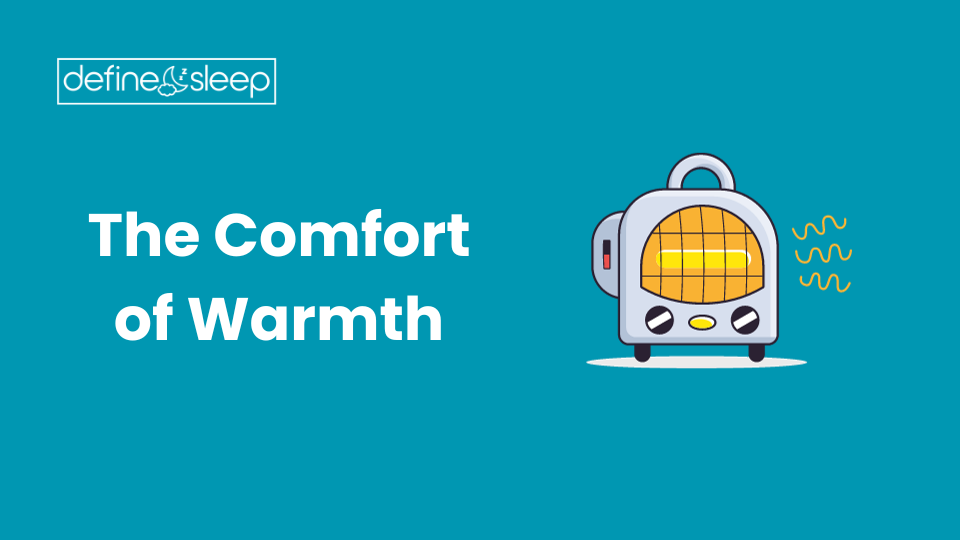
1: The Appeal of a Heated Bedroom
There’s no denying the comfort that a warm bedroom provides on a chilly night. The gentle hum of the heater, the cozy blankets, and the comforting warmth create an inviting sleep environment. However, before you embrace this warmth entirely, it’s crucial to understand the potential implications.
1.2: Understanding the Impact on Sleep Quality
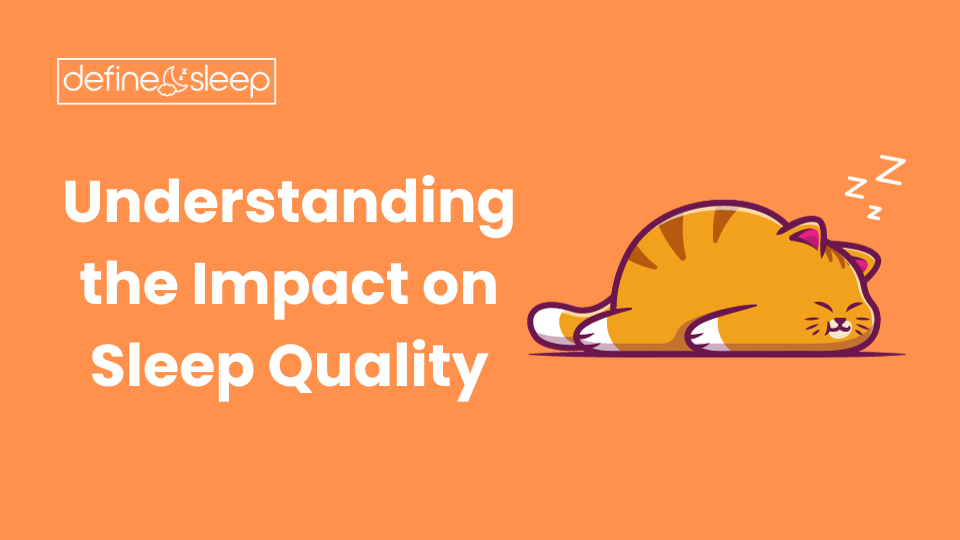
1.: The Role of Temperature in Sleep
Quality sleep is intricately linked to environmental factors, and temperature plays a pivotal role. The National Sleep Foundation recommends a cool room (around 60-67 degrees Fahrenheit) for optimal sleep. However, this doesn’t mean warm rooms are entirely off-limits.
2. Pros of Sleeping with the Heater On:
Improved Comfort:
A warm room can create a comfortable sleeping environment, helping you relax and unwind.
Muscle Relaxation:
Heat has the potential to relax muscles, reducing tension and promoting a more restful sleep.
Enhanced Sleep Initiation:
The transition from wakefulness to sleep is often smoother in a warm room, aiding in the initiation of sleep.
3: Cons of Sleeping with the Heater On
Dry Air:
Heaters can dry out the air in the room, leading to potential discomfort, especially for those prone to respiratory issues.
Energy Consumption:
Running the heater throughout the night can significantly increase energy consumption, impacting both the environment and your utility bills.
Overheating Risk:
Excessive heat can lead to overheating, potentially disrupting sleep and causing discomfort.
1.3: Health Considerations:

1. Respiratory Health
Individuals with respiratory conditions such as asthma may find that heated air exacerbates their symptoms. Dry air can irritate the airways, leading to coughing and discomfort. In such cases, finding a balance between warmth and maintaining optimal humidity levels becomes crucial.
2. Skin Health
Prolonged exposure to heated air can strip the skin of its natural moisture, resulting in dryness and irritation. Using a humidifier alongside the heater can help combat this effect, ensuring your skin stays hydrated.
1.4: Energy Efficiency Tips:
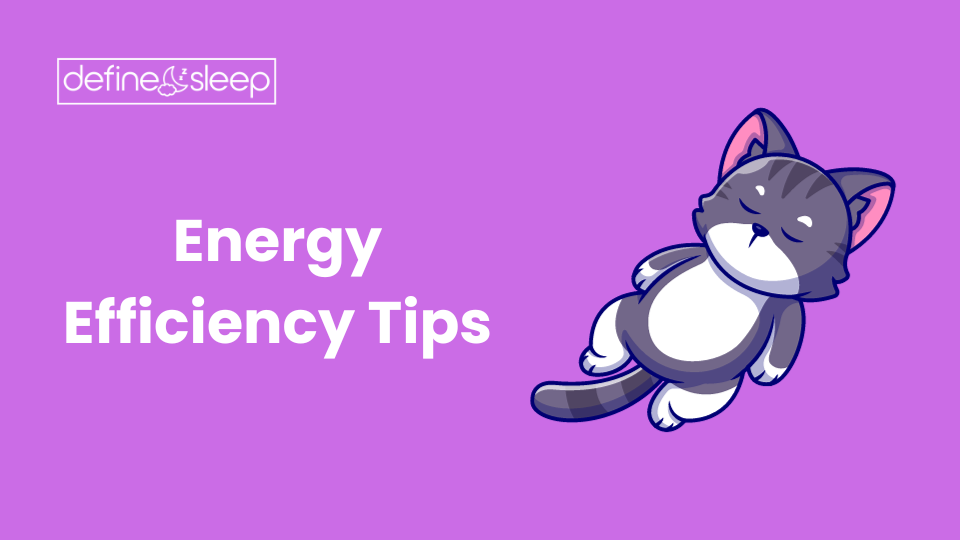
1. Maximizing Comfort While Minimizing Energy Consumption:
If you’re committed to sleeping with the heater on, there are ways to make your sleep environment more energy-efficient:
Use a Programmable Thermostat:
Set the thermostat to lower temperatures during the night and increase it before waking up.
Proper Insulation:
Ensure your bedroom is well-insulated to retain heat and minimize the workload on the heater.
Layered Bedding:
Instead of cranking up the heat, opt for layered bedding. This allows you to adjust your warmth levels without relying solely on the heater.
Conclusion

In the eternal debate of whether it’s bad to sleep with the heater on, the answer largely depends on individual preferences, health considerations, and energy efficiency goals. While a warm room can undoubtedly enhance comfort, it’s essential to strike a balance to ensure a good night’s sleep without compromising health or the environment. So, the next time you decide to embrace the warmth of a heated bedroom, do so with a mindful approach, and you might just find the perfect recipe for a cozy and restful night’s sleep. Sweet dreams!
FAQ:

1Q: Can sleeping with the heater on affect the quality of my sleep?
The impact of sleeping with the heater on varies. While a warm room can create a comfortable sleep environment, it’s essential to consider factors like dry air, energy consumption, and the risk of overheating.
2Q: Are there any health concerns associated with sleeping in a heated room, particularly for individuals with respiratory conditions?
Yes, prolonged exposure to heated air can potentially exacerbate respiratory issues, especially for individuals with conditions like asthma. Maintaining optimal humidity levels and finding a balance between warmth and air quality is crucial.
3Q: Does sleeping with the heater on contribute to skin dryness and irritation?
Yes, heated air can strip the skin of its natural moisture, leading to dryness and irritation. Using a humidifier alongside the heater can help combat this effect and keep the skin hydrated.
4Q: How can I make my sleep environment more energy-efficient if I choose to sleep with the heater on?
To maximize comfort while minimizing energy consumption, consider using a programmable thermostat, ensuring proper insulation in the bedroom, and opting for layered bedding instead of solely relying on the heater.
5Q: Is there an ideal temperature range for sleeping with the heater on?
While the National Sleep Foundation recommends a cooler room for optimal sleep, the ideal temperature for sleeping with the heater on can vary among individuals. It’s crucial to find a balance that promotes comfort without compromising sleep quality.
Help From ChatGPT 4

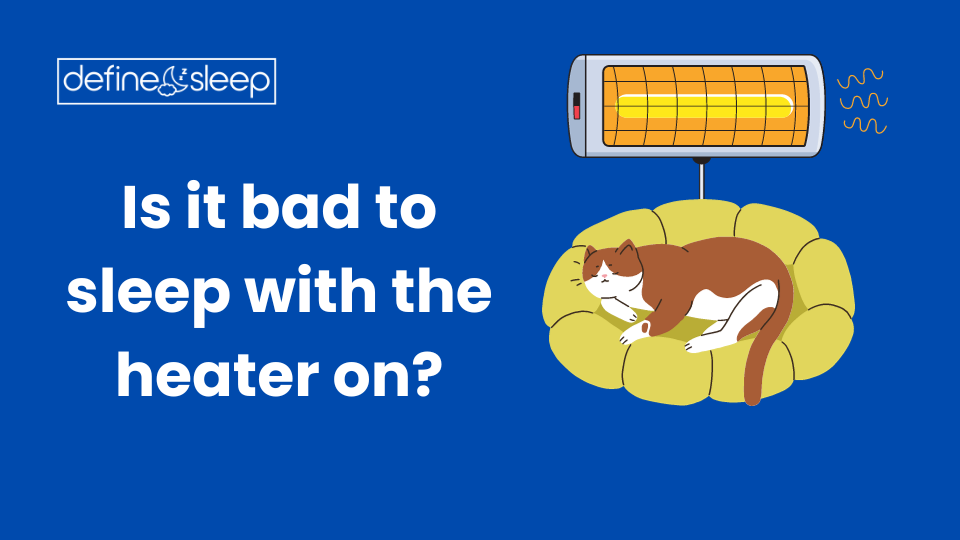

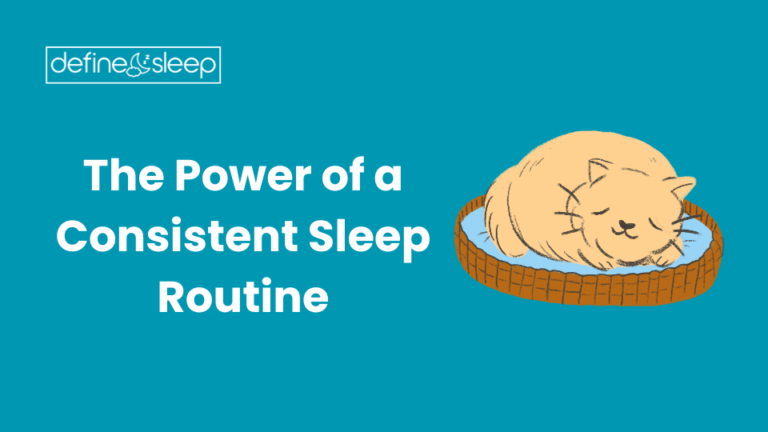

I loved even more than you will get done right here. The overall look is nice, and the writing is stylish, but there’s something off about the way you write that makes me think that you should be careful what you say next. I will definitely be back again and again if you protect this hike.
Hello i think that i saw you visited my weblog so i came to Return the favore Im trying to find things to improve my web siteI suppose its ok to use some of your ideas
If you want to use the content of this website, you have to contact Gmail.